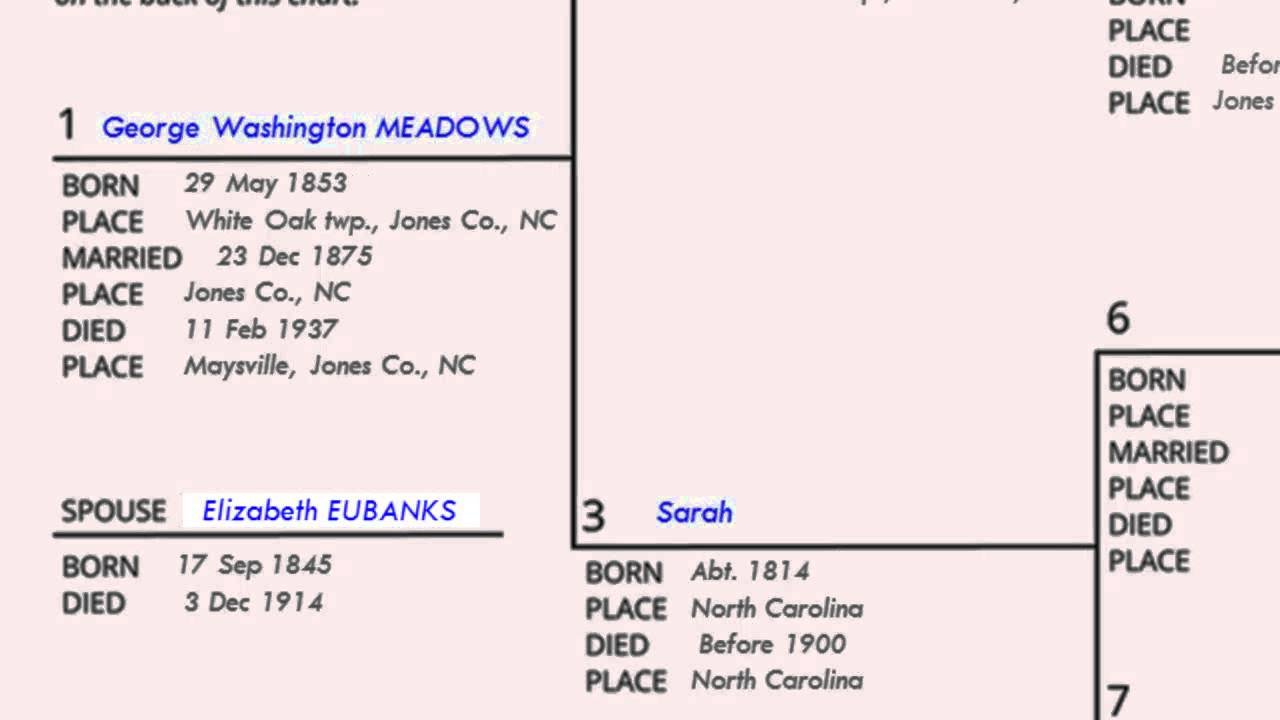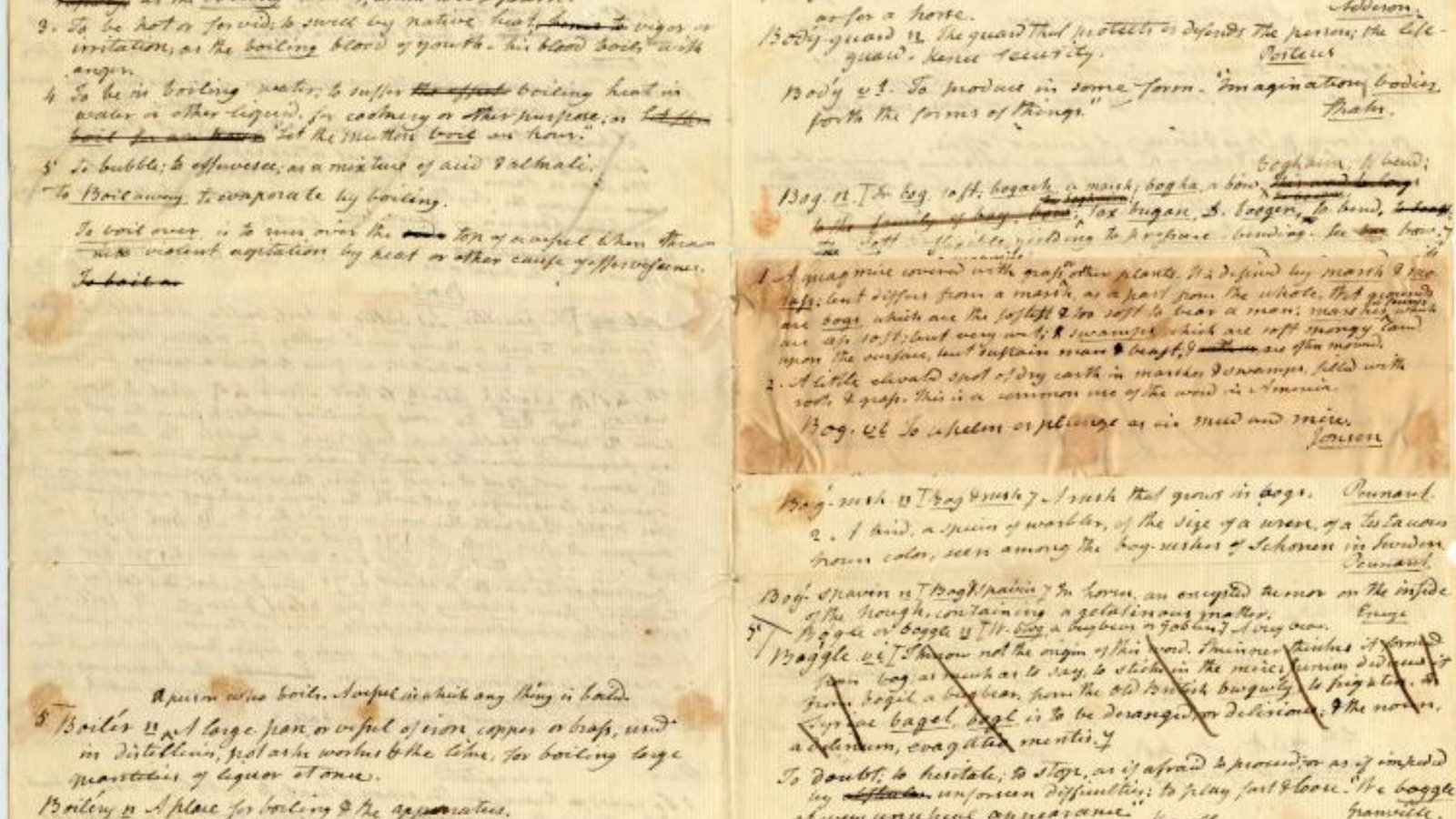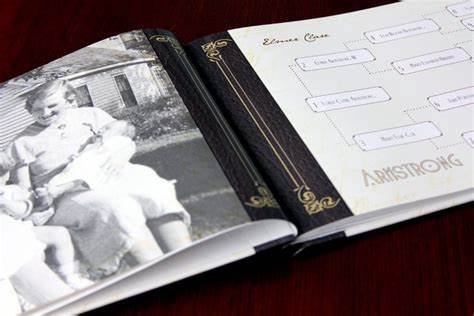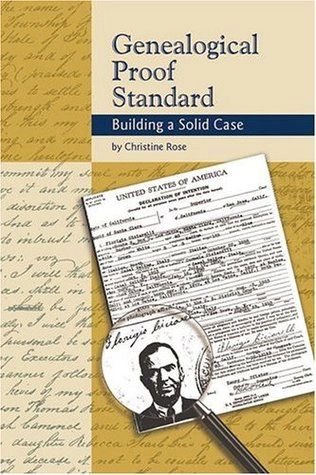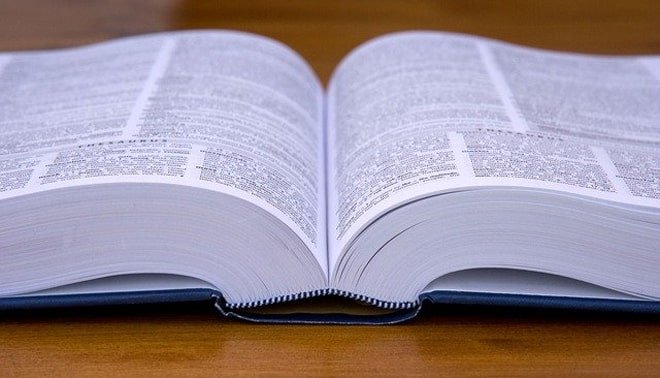Tracing your ancestry can be an exciting journey, but it often involves navigating through unfamiliar terms and historical references. How to use a genealogical dictionary to trace ancestry can make your research much easier. With the help of a genealogical dictionary, you can quickly understand complicated terms, locations, and historical details. In this article, we’ll explore how using a genealogical dictionary can help you uncover your family’s past and make your research more effective.
Why Knowing How to Use a Genealogical Dictionary to Trace Ancestry Is Important
Genealogy research involves reading old documents, such as birth certificates, wills, and census records. These documents often contain terms or names that are not in common use today. Without understanding these terms, it can be difficult to fully interpret the documents. This is where a genealogical dictionary comes in.
Knowing how to use a genealogical dictionary to trace ancestry can save you time and frustration. It helps you understand the meanings of rare words and phrases you may encounter, giving you the tools to make sense of the documents you find. Whether you’re a beginner or an experienced researcher, a genealogical dictionary is a valuable resource to have at hand.
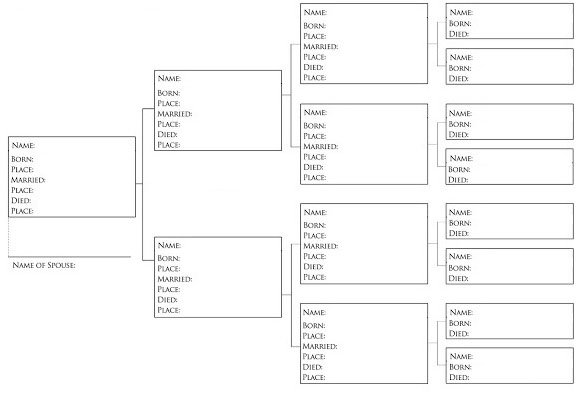
Steps on How to Use a Genealogical Dictionary to Trace Ancestry
- Start with a Clear Research Goal
Before using a genealogical dictionary, it’s important to know what you’re looking for. Start by setting a specific goal for your research. For example, are you trying to trace the origin of a family surname? Or are you looking for a specific ancestor’s records? Having a clear goal will help you focus on the right documents and terms.
Once you know what you’re searching for, you can use your genealogical dictionary to understand the terms that appear in your records. This will allow you to quickly connect the dots and move forward in your research.
- Look Up Unfamiliar Terms in the Dictionary
As you go through old family records, you might encounter words or phrases you don’t understand. This is where how to use a genealogical dictionary to trace ancestry becomes crucial. Whenever you come across an unfamiliar term, stop and look it up in the dictionary.
For example, you may come across old job titles like “yeoman” or “cordwainer” in records. These terms refer to specific historical occupations. Using your dictionary, you can learn their meanings and gain a deeper understanding of your ancestor’s life. This step helps you build a more accurate picture of their social status, work, and daily life.
- Understand Historical Context with Definitions
Sometimes, genealogy terms aren’t just about word definitions—they’re about understanding history. Some words you find in documents may refer to cultural or regional customs that are no longer in use. By using a genealogical dictionary, you can gain insights into these customs and historical practices.
For instance, you might come across a term like “banns” in a marriage record. The dictionary might explain that “banns” refers to an announcement made before a wedding in certain countries. This historical context can help you understand why certain information appears in the record and what it means about your ancestor’s time period.
- Use Cross-References for a Deeper Understanding
Many genealogical dictionaries offer cross-references to related terms, which can be especially helpful when tracing ancestry. These cross-references direct you to other words or phrases that are closely linked to the term you’re researching. This can help you find connections between different parts of your family history.
For example, if you’re looking up a place name in a genealogical dictionary, it might also refer you to neighboring towns or regions that were historically connected. This broader understanding can lead you to new records or insights that you might have missed otherwise.
- Track Variations in Spelling and Terminology
Genealogical records often contain spelling variations for names and terms. When learning how to use a genealogical dictionary to trace ancestry, it’s important to remember that historical records may not always use the exact same spelling we’re familiar with today.
For example, surnames like “Smith” might be spelled “Smythe” in older records. A good genealogical dictionary will help you recognize these variations. By knowing the common spelling changes, you can ensure that you don’t overlook important records while searching for your ancestors.
- Organize Your Dictionary Entries for Easy Access
As you use your genealogical dictionary to trace ancestry, keep track of the terms you look up. It’s a good idea to create your own list or notebook with definitions and explanations. This way, when you encounter these terms again, you can quickly refer back to your notes.
Whether you keep a physical dictionary or use a digital version, organizing the information in a way that works for you will save you time and effort. If you’re using a digital dictionary, you can easily search for terms, making it even easier to find definitions when you need them.
- Use the Dictionary Alongside Online Genealogy Platforms
Many online genealogy platforms, like Ancestry.com or FamilySearch, allow you to search through records digitally. While using these platforms, you can consult your genealogical dictionary to understand the terms and references you encounter.
By combining the resources on these websites with your dictionary, you can dive deeper into your research. For example, if a census record includes a term you don’t know, you can look it up in your dictionary and instantly gain a better understanding of the information.
Conclusion: How to Use a Genealogical Dictionary to Trace Ancestry Effectively
In conclusion, how to use a genealogical dictionary to trace ancestry is a skill that can greatly enhance your research. By understanding the terms and historical context in family records, you can unlock valuable information about your ancestors. Whether you’re looking up unfamiliar job titles, place names, or old customs, a genealogical dictionary is an essential tool for any family history researcher.
So, as you continue your genealogy journey, make sure to keep your dictionary nearby. It will help you make sense of the words and phrases you encounter, ultimately bringing you closer to uncovering the story of your family’s past.






